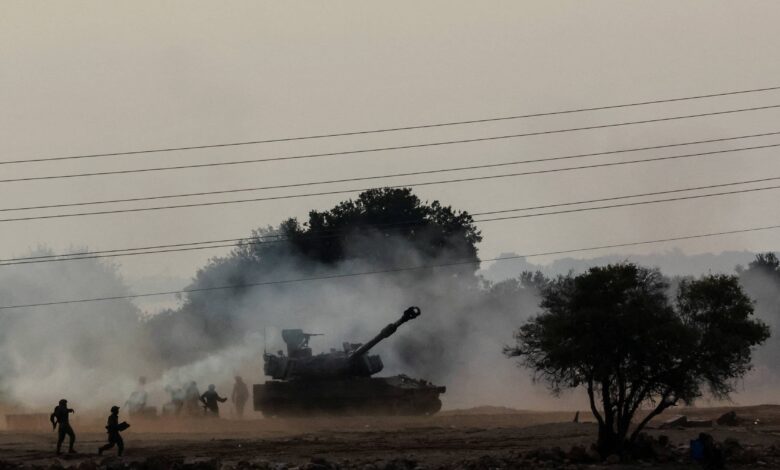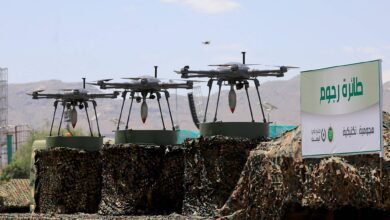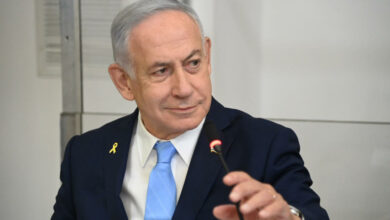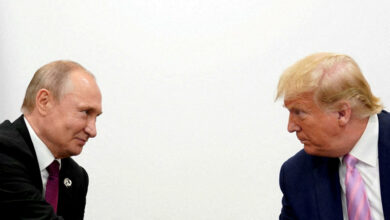
The IDF announced Tuesday that Ibrahim Muhammad Qabisi, who headed up Hezbollah’s Missiles and Rockets Force, had been killed in an airstrike targeting Dahieh-a neighborhood of Beirut, Lebanon. The IDF said he was eliminated along with the other main commanders in Hezbollah’s missile operations.
Qabisi commanded multiple missile units, including the Precision Guided Missile Unit, and was responsible for carrying out various attacks against civilians in Israel. Qabisi reportedly also plays a major advisory role on missile technology matters and maintains close connections to the senior military leadership of Hezbollah.
In retaliation, Hezbollah claimed to have fired several rocket salvos at an Israeli military base near Safed, targeting the Dado base, which is the headquarters for the Israeli military’s northern command. The group said 90 rockets were fired in defense of Lebanon.
As hostilities continued to escalate, US President Joe Biden used his farewell address to the UN General Assembly to call on world leaders to prevent a “full-scale war” from breaking out in Lebanon. He said a diplomatic solution is still the only way to provide lasting security for the residents on both sides of the border.
Things only continued to go downhill in Lebanon as its Health Ministry in Beirut reported the death of six people in an Israeli attack on Hezbollah’s stronghold in southern Beirut, for the second successive day of Israeli air raids in the capital that killed dozens.
In a related development, Iranian President Masoud Pezeshkian criticized the Israeli airstrikes, saying that Hezbollah cannot stand on its own against Israel, particularly given the support that the latter receives from the Western nations.
Meanwhile, it has escalated the current campaign against Hezbollah with “Operation Northern Arrows,” which plans to hit an estimated 1,600 suspected Hezbollah positions throughout Lebanon. The recent airstrikes brought down a great number of civilian casualties and reported so far stands at a minimum of 558 people, among them children, who have died since escalation started.
As the conflict escalates, United Nations Secretary-General Antonio Guterres says Lebanon stands “on the brink” and calls for an international response to the increasing crisis.
Due to the fighting, which has continued unabated, Gulf airlines such as Emirates and Qatar Airways have stopped flying to Beirut, prioritizing the safety of their crews and passengers. Additionally, Lufthansa said it would continue to avoid flying to and from Tel Aviv and Tehran until mid-October.
International observers and agencies remain gravely concerned amidst the deteriorating humanitarian situation in Lebanon as relentless Israeli strikes continue to force tens of thousands of people to flee their homes.



